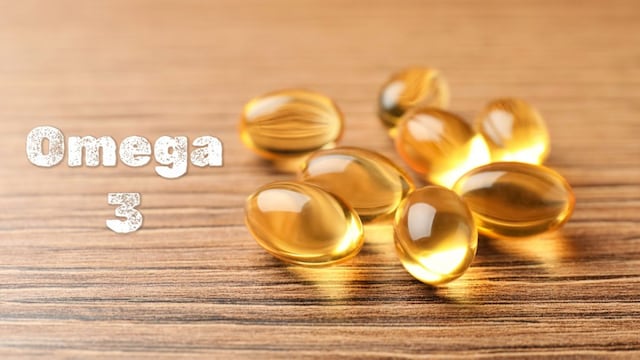Source :NEWS18 NEWS
Last Updated:May 25, 2025, 20:03 IST
With the right nutritional support and lifestyle, your teen can harness the full cognitive and emotional benefits omega-3 has to offer
Nutrients such as omega-3 fatty acids enhance memory. (Photo: Shutterstock)
With insights from Karan Khurana, Health Expert, Wish New Wellness, and Dr. Rajesh Kumar, Associate Director, Internal Medicine, Paras Health, Gurugram
Adolescence is a time of rapid brain growth and emotional changes—making optimal nutrition essential. Among the key nutrients, omega-3 fatty acids, particularly DHA and EPA, play a central role in supporting cognitive development, memory, attention, and mood regulation.
Recommended Stories
Why Omega-3 Matters in the Teen Years
“During adolescence, DHA accounts for 10–20% of brain lipids,” explains Karan Khurana. “Adequate omega-3 intake boosts information processing speed, enhances memory performance, and may help reduce symptoms of depression and anxiety.”
Dr. Rajesh Kumar adds, “Omega-3s also support eye health and modulate inflammation—benefits that extend beyond cognition to overall teenage well-being.”
How Much Is Enough?
For Indian teens, dosage should reflect dietary habits:
Ages 13–15:** ~1,000 mg EPA + DHA daily
Ages 16–19:** Up to 1,500 mg EPA + DHA daily
“These amounts remain safely below the 3,000 mg upper limit for teenagers,” notes Khurana. Take supplements with meals to enhance absorption and minimize digestive discomfort.
Vegetarian and Regional Considerations
About 20–30% of Indian families follow vegetarian diets. “Algae-based supplements provide pre-formed EPA and DHA,” suggests Khurana, “while plant sources like flaxseeds or walnuts offer ALA, which converts poorly to active forms.”
Regional diets also matter. “Non-coastal teens often consume less fish than those in Kerala or West Bengal, so may benefit more from supplementation,” points out Dr. Kumar.
Choosing and Using Supplements Safely
“Always opt for high-quality, mercury-tested fish oil or certified vegan omega-3 products,” advises Dr. Kumar. “And consult a healthcare provider before starting any regimen—excessive intake can cause gastrointestinal upset or affect blood clotting.”
Beyond Supplements: A Holistic Approach
Both experts agree that omega-3 supplements should complement not replace, a balanced diet, regular exercise, and healthy sleep habits. With the right nutritional support and lifestyle, your teen can harness the full cognitive and emotional benefits omega-3 has to offer.
- First Published:
May 25, 2025, 20:03 IST
SOURCE : NEWS 18








